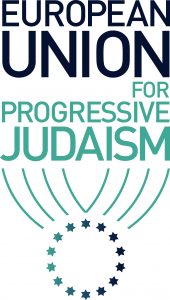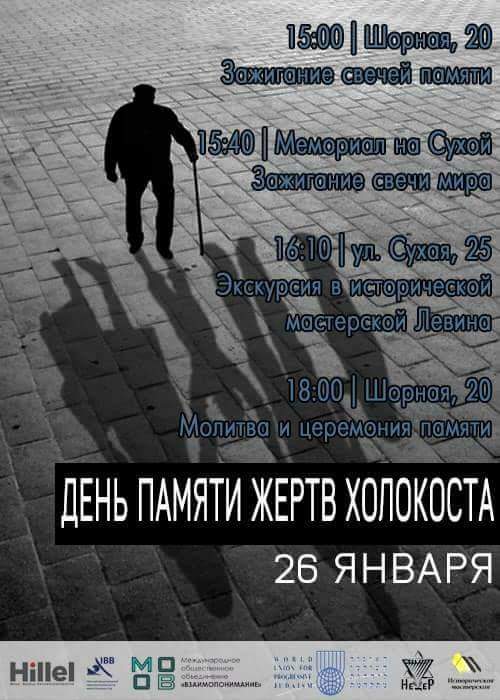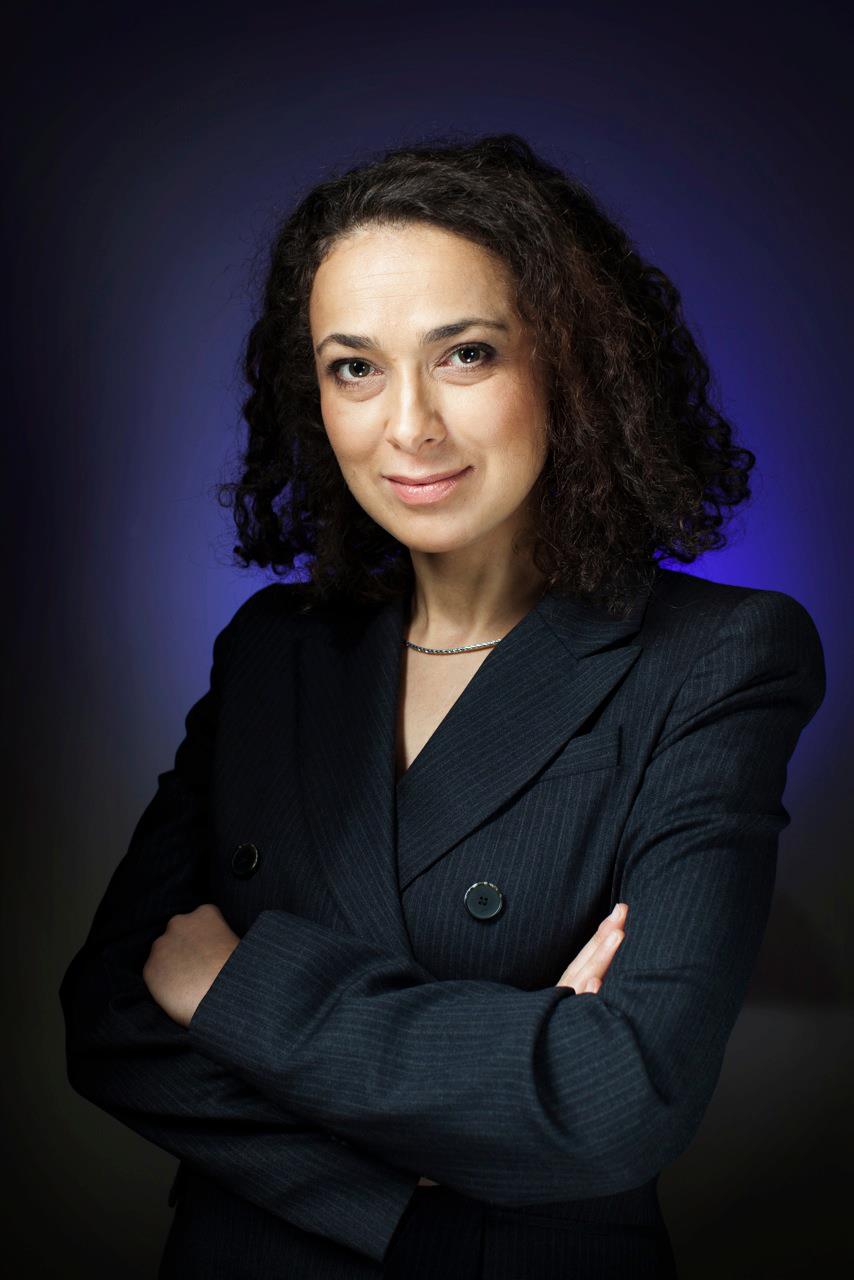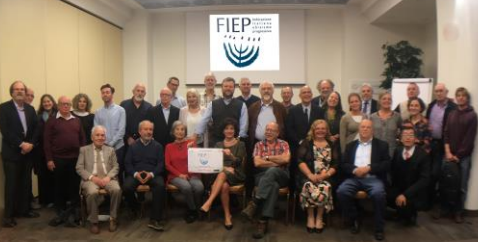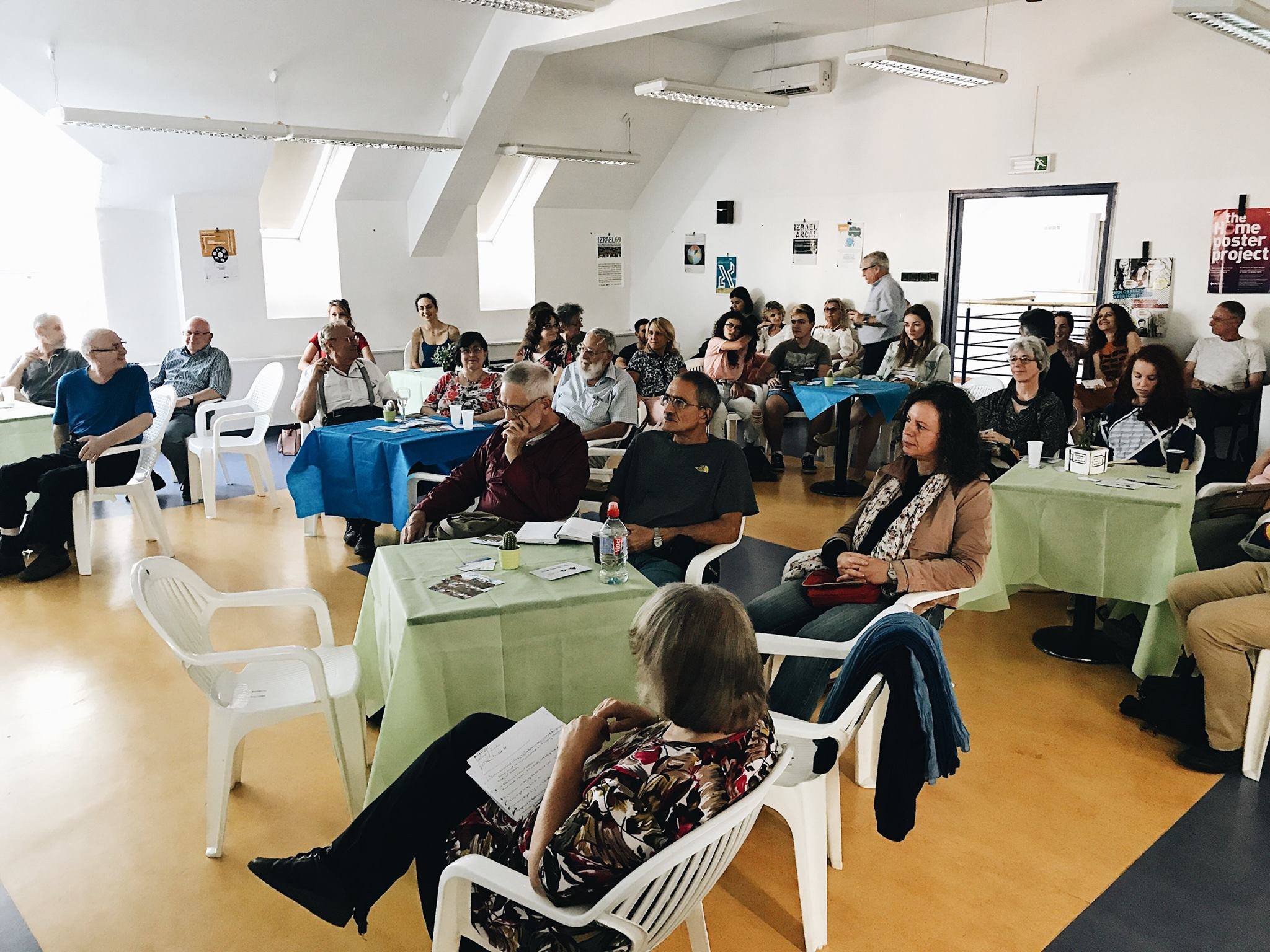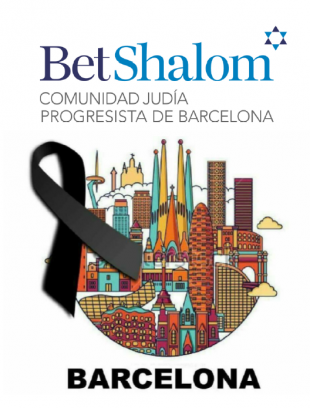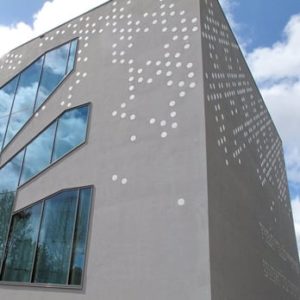Beit Polska – The Union of Polish Progressive Jewish Communities in Poland and the European Union for Progressive Judaism (EUPJ) are concerned about the Amended Act on the Institute of National Remembrance – Commission for Prosecution of Crimes against the Polish Nation and some other Acts as passed by Lower House of Poland’s Parliament on […]
On the eve of the Holocaust International Remembrance Day, the Sandra Breslauer Center for Progressive Judaism “Beit Simha” hosted commemorative events dedicated to the day which was launched worldwide in 2005 by the decision of the UN General Assembly.
2017 was a significant for Netzer Olami. As a movement that’s been actively engaging youth in Reform Judaism and Zionism for more than thirty years, our snifim are reporting growth and vibrancy in responding to the changes taking place across the Jewish world. Read our annual review here.
The Assembly of Liberal Judaism (AJL) of France expresses its full solidarity with Rabbi Delphine Horvilleur in the face of attacks, insults and threats against her in social networks. We denounce all the words of hatred and foolishness of these attacks, and ask the whole Religious or community leaders to act in a clear manner […]
Sunday, October 15, 2017 was the beginning of what history will record as the day when Progressive Judaism in Italy came of age. Representatives from all four Progressive congregations in Italy (Beit Hillel in Rome, Lev Chadash and Beit Shalom in Milan,
and Shir Hadash in Florence) gathered in Florence to proclaim in one united voice: “Hineinu, Here we are”, and to elect a leadership team to direct the newly-established Federazione Italiana per l’Ebraismo Progressivo (FIEP) – the Federation of Jewish Communities in Italy.
A special event by Arzenu Hungary, the local Zionist organisation of the Reform movement, and the Israeli Cultural Institute was many months in the making. Erika and Tamas from Arzenu invited two outstanding presenters, educators from the unique Arava region of Southern Israel to offer a glimpse of the amazing intellectual capacity, wonderful green projects, research and entrepreneurship thriving in this wild and beautiful, remote desert landscape.
In their own words, Comunitat Jueva Bet Shalom emphatically condemn the attacks which took place in the cities of Barcelona and Cambrils, offers prayers for the victims and their families and expresses solidarity with the citizens and the institutions that represent them. Read their response from the heart of the city.
What does it mean to be part of a global Jewish community? For many of us, the concept can be difficult to truly grasp. My father, sisters, and I recently had the chance to understand a little more about it, though, during our recent visit to the Progressive/Liberal Jewish Community of Amsterdam (LJG) when we met in […]
